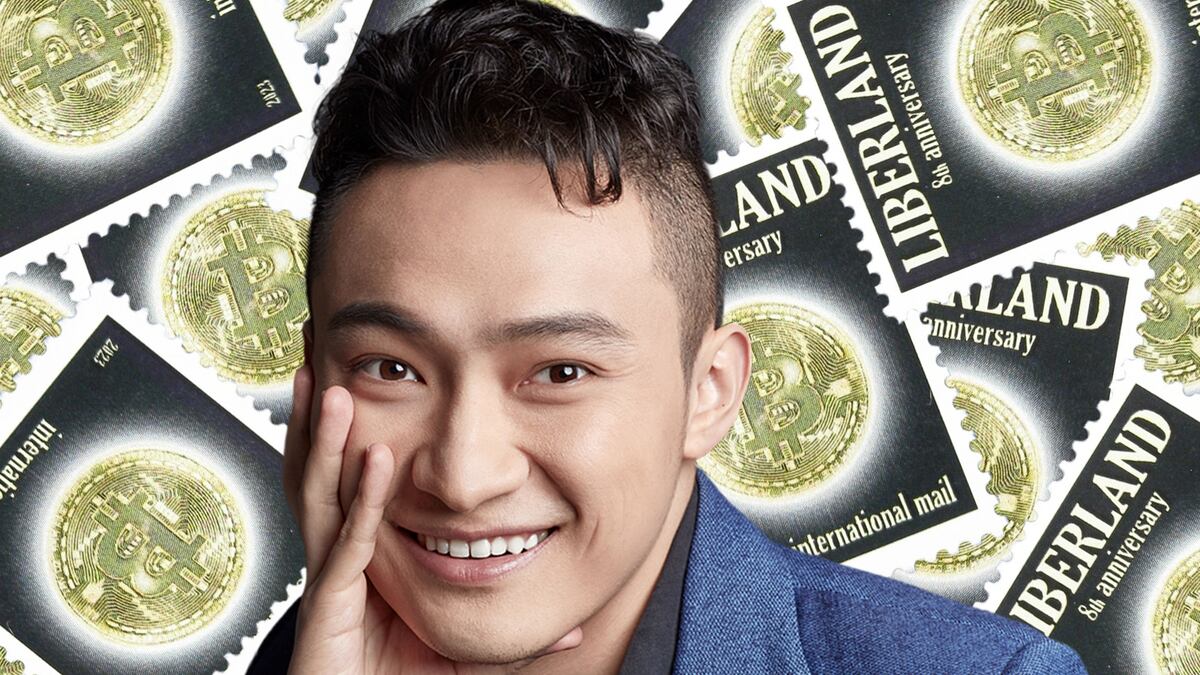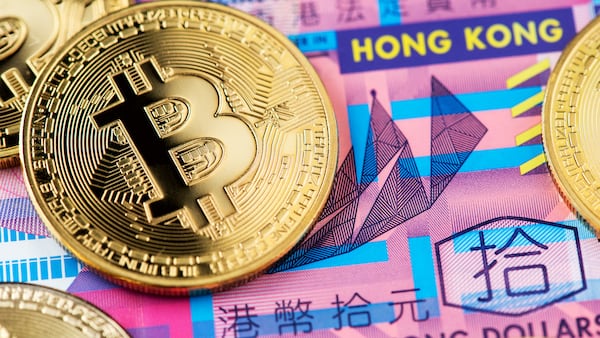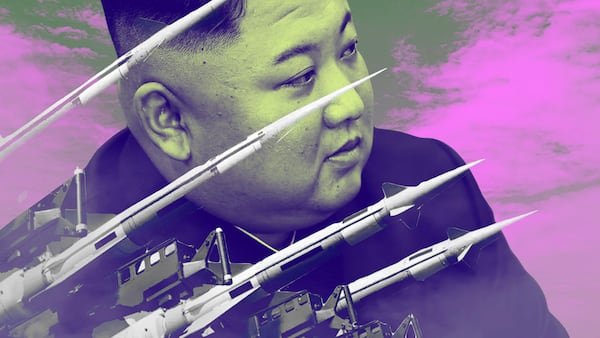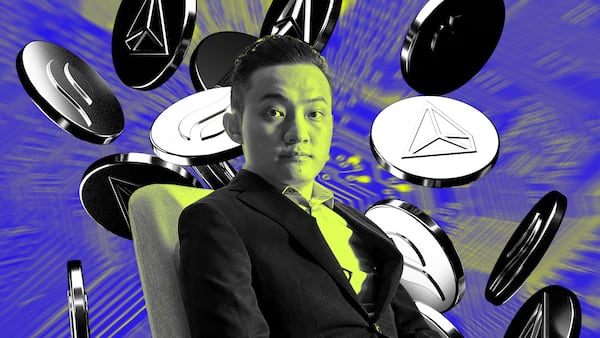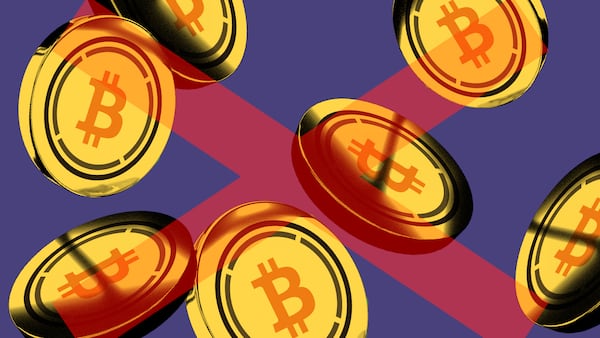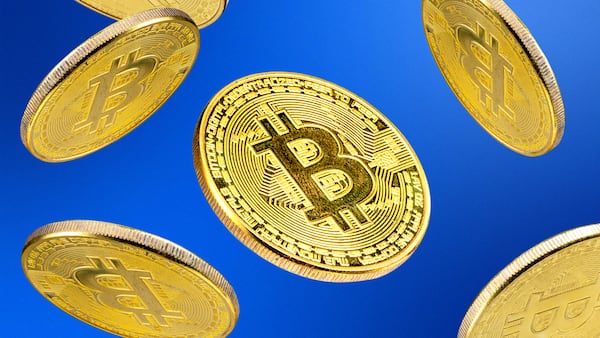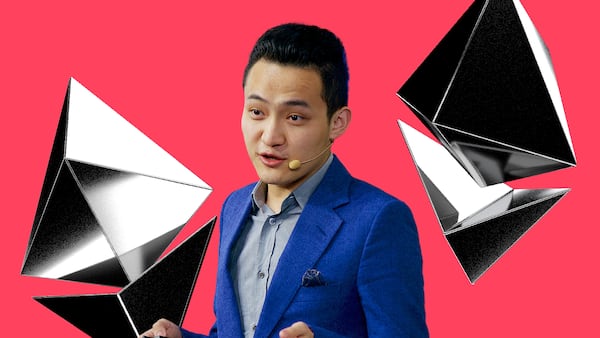- The tiny would-be nation is located between Croatia and Serbia.
- The Tron founder told DL News he will promote the idea of small government as a model for the world.
- Liberland is the latest experiment in crypto sovereignty.
Liberland, an ersatz European micronation that holds 99% of its reserves in Bitcoin, has elected Tron founder Justin Sun as its new prime minister.
Sun will take over from Czech libertarian politician and activist Vít Jedlička, who in 2015 claimed the uninhabited stretch on the Croatian bank of the river Danube as a new independent country.
“Just as Vatican City represents a central spiritual authority for Catholics, Liberland will be the heart of the libertarian movement,” Sun told DL News after the results were announced.
“My vision is to build upon the foundation of libertarian principles that form the essence of our nation,” he said.
Founding ideology
Liberland’s founding ideology is based on that of libertarian thinkers like Ayn Rand. It doesn’t charge citizens taxes, has minimal government, and wants to create a laissez-faire economy based on cryptocurrency.
Liberland’s seven members of congress, who represent around 1,000 citizens, elected Sun via a blockchain-based voting system on October 6.
Despite the pomp, the micronation is yet to be recognised by any member of the United Nations. Neighbours Croatia and Serbia have dismissed Jedlička’s claims as frivolous.
Some even question if Liberland isn’t just an extravagant publicity stunt.
A plan for Liberland
It’s not the first time Sun has gotten involved in politics, though. He previously served as Caribbean island Grenada’s representative to the World Trade Organisation from 2021 to 2023.
At about 2.7 square miles in area, Liberland is roughly the same size as Gibraltar.
Still, Sun has big ambitions for the micronation.
“I aim to actively promote the idea of small government not only within Liberland but also as a model for the world,” he said when asked what he will do in his new role. “Our success can inspire other nations to embrace libertarian principles.”
What success looks like for Liberland isn’t clear.
While it has taken steps to win recognition from Argentina, El Salvador, and Somaliland, there’s no clear path for how it would gain official recognition.
‘There are no forced obligations, no taxes, and no mandates imposed on its citizens.’
— Justin Sun
The micronation relies on donations, and makes small amounts selling passports and issuing stamps and coins. Most money it takes in is swiftly converted into Bitcoin.
Liberland says it is permanently inhabited, but mostly by campers and people living on boats.
Still, the idea has drawn in some prominent supporters — Javier Milei, Argentina’s libertarian president, for one.
At a comic book convention in Buenos Aires in 2019, the economist, dressed as an anarcho-capitalist superhero, professed his support for Liberland, something the micronation proudly displays on its YouTube channel.
Crypto micronations
Crypto has an enduring obsession with setting up micronations — small, self-proclaimed countries that are not recognised by any major international organisations or world governments.
In 2020, three crypto enthusiasts bought a 245-metre-long cruise ship and parked it off the coast of Panama, aiming for it to become the start of a new libertarian society trading only in cryptocurrencies.
The economics of the idea left it dead in the water, but the crypto fantasy lives on in micronations like Liberland.
It, too, has embraced crypto, issuing a Liberland dollar token, which can be bought on Ethereum-based decentralised exchange Uniswap. It runs its own Proof of Stake blockchain and says it will issue land deeds as NFTs.
“Everything is built on voluntary participation and mutual respect, which is how I believe all governments should operate,” Sun said. “There are no forced obligations, no taxes, and no mandates imposed on its citizens.”
But the utopian idea of creating a society around voluntary participation isn’t practical. As many in crypto might say, the incentives just aren’t aligned.
Bitcoin, for example, doesn’t rely on the good will of its users. It’s set up so that even when participants act in their own self-interest, it benefits everyone using the network.
Liberland survives on the support of rich patrons. But it could struggle if it plans to grow and accept more citizens.
As laissez-faire economist Milton Friedman often said, there’s no such thing as a free lunch.
Tim Craig is DL News’ Edinburgh-based DeFi Correspondent. Reach out with tips at tim@dlnews.com.


